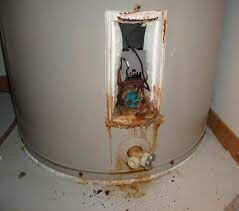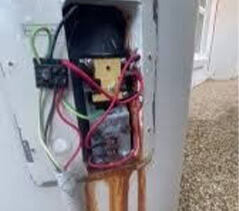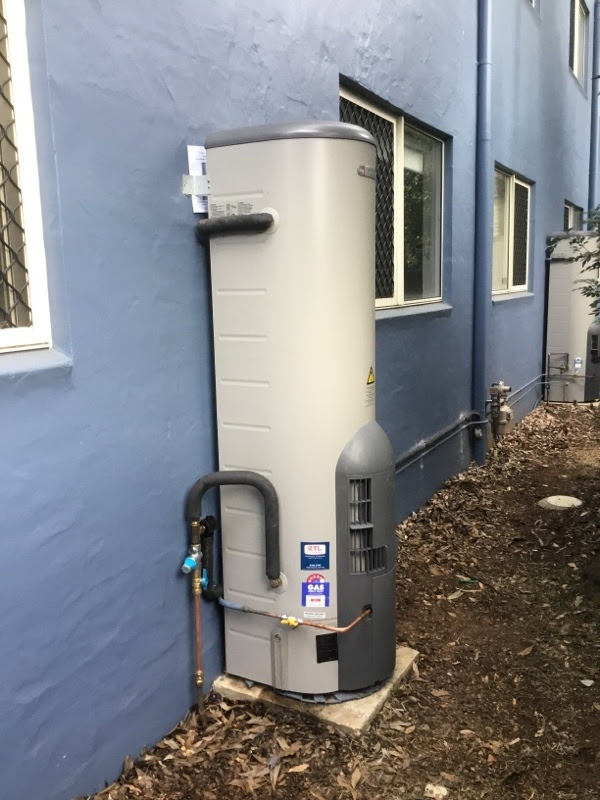Older hot water units tend to be less energy-efficient compared to a brand new one. Newer models are designed to heat water more efficiently, reducing energy consumption and lowering your electricity bills. Moreover, increased efficiency is not only environmentally friendly but also financially beneficial in the long run.


Improved Performance:
Over time, hot water units can experience a decline in performance, resulting in inadequate hot water supply or inconsistent temperatures. A new hot water unit ensures reliable and consistent hot water, providing a more comfortable and convenient experience for you and your family. Whether it’s a tankless water heater or a traditional storage tank unit, modern models are built using better materials and manufacturing processes.
Long-Term Cost Savings:
While the upfront cost of a hot water unit replacement may seem daunting, it is important to consider the long-term savings. Newer units have longer lifespans and typically require less frequent repairs, resulting in reduced maintenance costs. Additionally, the energy-efficient design of modern units can lead to significant savings on your energy bills over time, ultimately offsetting the initial investment.

Environmental Benefits:
Older hot water units often contribute to higher greenhouse gas emissions due to their inefficient performance. By upgrading to a newer, more energy-efficient unit, you can minimize your carbon footprint and contribute to a greener environment. Energy-efficient hot water units help conserve natural resources and reduce the demand for electricity or gas, making them an eco-friendly choice.
A hot water unit replacement offers numerous advantages, including enhanced efficiency, improved performance, long-term cost savings, and environmental benefits. To avoid being caught with no hot water this winter from a faulty hot water unit, It’s best to be proactive by getting it checked or replacing the unit before it becomes an issue.
